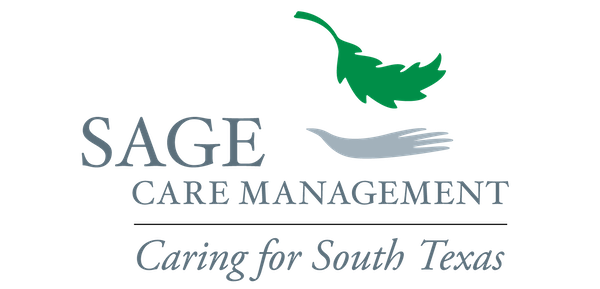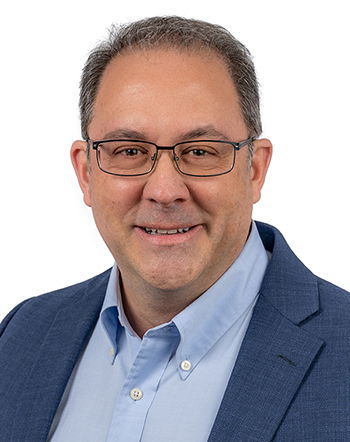
Much as we would like to imagine an elderhood free from troubles, the truth is, we are all likely to need help eventually. And on several levels.
Informal support. This is the kind of help that friends and family members can provide short term. Someone to run errands or mow the lawn, etc. Make a list of the
- people you feel emotionally close to
- people who live close by who are reliable
When the going gets tough. If you were hospitalized, who would you call to
- make medical decisions for you if you were unable to speak for yourself
- pay bills or perhaps even manage your financial affairs long term
Your health care team. Medically trained support:
- Your primary care provider and any specialists
- Your pharmacist
- Allied health providers (e.g., therapists, home health)
Professional advisors
- An elder law attorney for important documents. You will need an attorney to set up a trust or will for dispersing your assets after you are gone. Or, if you have no relatives, to arrange for a guardian to make medical and financial decisions for you when you can no longer do so yourself. In addition, an attorney can review contracts and catch important details about senior housing. And an attorney’s advice is critical if you are considering a reverse mortgage or spending down your assets to be eligible for Medicaid.
- A financial planner to manage assets and strategize to liquidate them to pay for care.
- A CPA to highlight the tax implications in any of the above situations.
- An insurance broker for prescription, Medicare supplemental, life insurance, etc.
An Aging Life Care™ Manager. The choices are boggling when it comes to assembling your team. It’s difficult to assess quality of professionals or compare pricing. An Aging Life Care Manager is a “meta-advisor” whose experience can help you choose your team wisely and coordinate whom to call when.
Want help assembling your team? Give us a call at (210) 492-1224.



